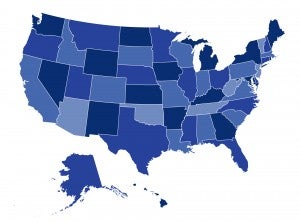New Resources Arm Advocates with Tools to Defend Essential Health Benefits, Pre-Existing Condition Protections

On July 9, the Fifth Circuit Court of Appeals heard oral arguments in Texas v. United States, the court case challenging the Affordable Care Act’s (ACA) constitutionality. The litigation is ongoing, but if the plaintiffs prevail, the law could be overturned in its entirety. With the federal court case looming, state policymakers and advocates are looking for ways to preserve access to coverage in the absence of the ACA’s protections, including steps to codify the law’s key provisions into state law. To aid in these efforts, Community Catalyst has teamed up with CHIR experts to create two new guides for its health insurance reform toolkit: The Advocate’s Guide to Pre-Existing Condition Protections and The Advocate’s Guide to Essential Health Benefits.


